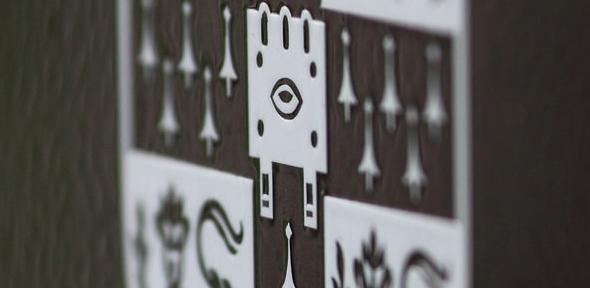
The University of Cambridge is one of the world's great Universities. The University has a unique heritage, and although we are famous for our architecture, it is people, both past and present, who have built our reputation and who continue to keep us at the top of the league. The University is one of the world's leading academic centres with a self-governed community of scholars. Its reputation for outstanding academic achievement is known world-wide and reflects the intellectual achievement of its students, as well as the world-class original research carried out by the staff of the University and the Colleges.
How the University and Colleges work
With more than 18,000 students from all walks of life and all corners of the world, nearly 9,000 staff, 31 Colleges and 150 Departments, Faculties, Schools and other institutions, no two days are ever the same at the University of Cambridge. At the heart of this confederation of Departments, Schools, Faculties and Colleges is a central administration team. It is small because the Colleges are self-governing and teaching staff carry out much of the daily administration at Cambridge. The Colleges are governed by their own statutes and regulations, but are integral to the make-up of the University of Cambridge. For further information about the structure and governance of the University please see here.
Colleges
Students live, eat and socialise in one of the University’s 31 autonomous Colleges. Undergraduates receive College supervisions – small group teaching sessions – regarded as one of the best teaching models in the world. Each College has its own internal procedures. They select their own students, subject to University regulations, and most admit both undergraduate and postgraduate students. College representatives sit on the University Council and Finance Committee.
Schools
There are six Schools, which each form an administrative grouping of Faculties and other institutions. They are: Arts and Humanities, Biological Sciences, Clinical Medicine, Humanities and Social Sciences, Physical Sciences, and Technology. There is a Council of each School – including representatives of its Faculties and Departments. The Schools are represented on the General Board.
Faculties and Departments
University Faculties organise teaching and research into individual subjects or groups of subjects. Their work is normally organised into sub-divisions called Departments. Centres of studies are controlled by committees of management, bringing together representatives from several disciplines.
Links to all of the Schools, Faculties and Departments websites can be found in the Departments A-Z.
Non-School Institutions
There are various Non-School Institutions including Cambridge University Press which is the publishing business of the University of Cambridge. Its purpose is to further the University's objective of advancing knowledge, education, learning, and research. Its extensive peer-reviewed publishing lists comprise 45,000 titles covering academic research, professional development, over 300 research journals, school-level education, English language teaching and Bible publishing. Playing a leading role in today's international market place, Cambridge University Press has more than 50 offices around the globe, and it distributes its products to nearly every country in the world. Similarly, Cambridge Assessment manages the University's three exam boards (Cambridge English Language Assessment, Cambridge International Examinations and OCR) and carries out leading-edge and operational research on assessment in education. Established over 150 years ago, it designs and delivers assessments to over 8 million learners in 170 countries and is a not-for-profit organisation. The University also has nine museums and collections which are open to the public throughout the year.
Regent House
University staff who are on Grade 9 or above are automatically members of the Regent House, the University’s governing body. Members of the Regent House play an important part in the University’s governance. They can vote in elections and ballots, stand for election to the University Council and certain other bodies, raise petitions to request the discussion of a topic of concern, a ballot or amendment of a Grace (a proposal), or initiate their own Grace, and attend and speak at Discussions of topics of concern and of Reports on proposals. The Reporter is essential reading for Regent House members and anyone with an interest in the University’s decision-making processes; please sign up to the mailing list to receive weekly issues during term (see the right-hand menu of the Reporter homepage). For further information, see the governance hub.
